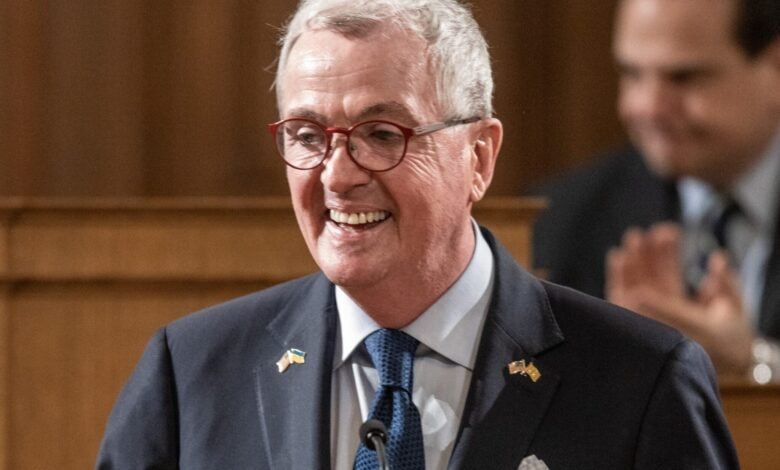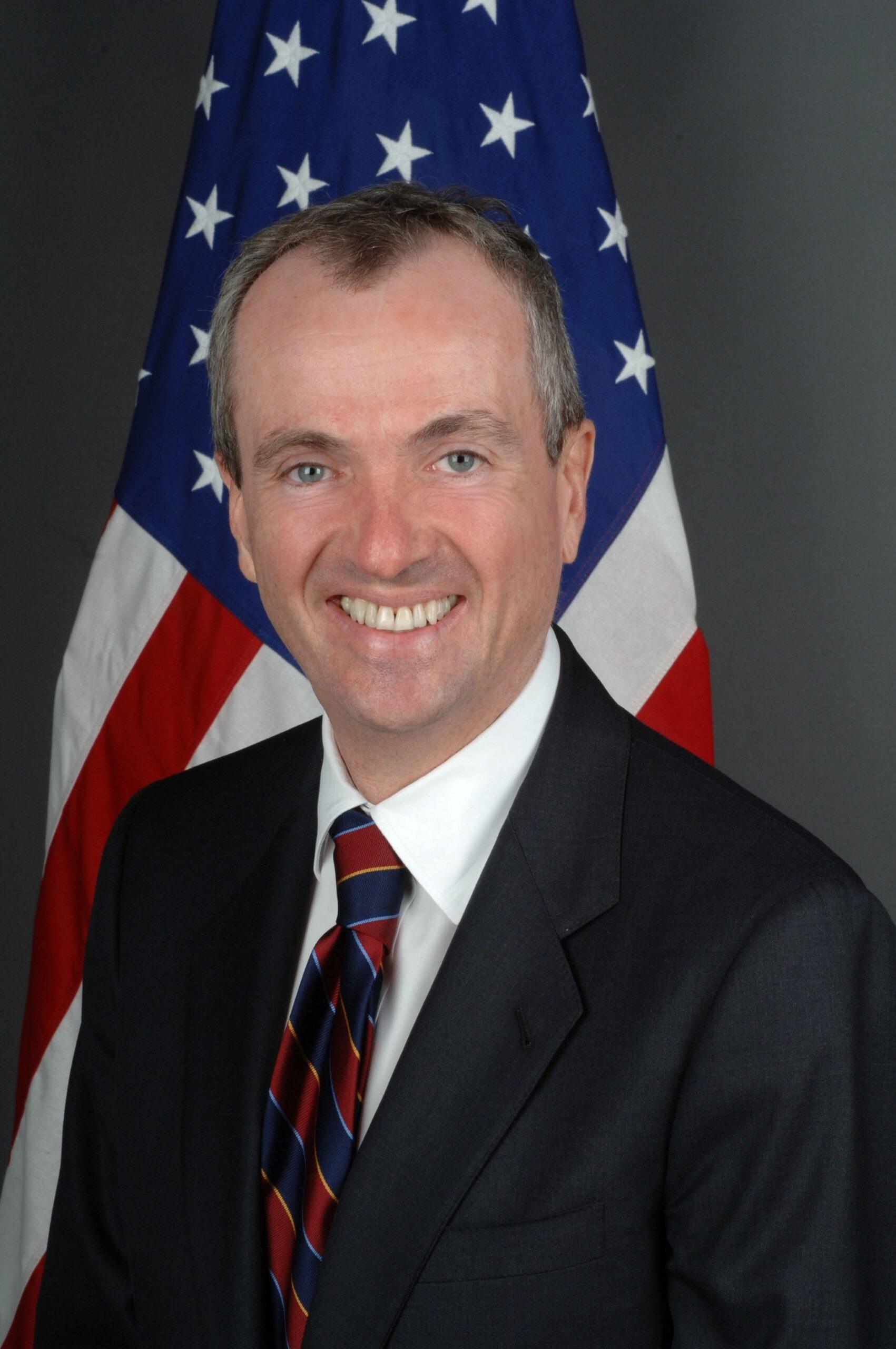The New Jersey Governor: Power, Policies, and the Politics Behind the Position

Understanding the Role of the New Jersey Governor
The governor of New Jersey holds one of the most influential and powerful gubernatorial positions in the United States. While every state governor has a critical role in shaping legislation and guiding public policy, New Jersey’s setup gives its governor a particularly strong executive hand. From budget control to appointing top state officials, the New Jersey governor wields authority that rivals many counterparts across the country.
At the heart of the role is the power to sign bills into law—or veto them. The new jersey governor And unlike many other governors, the New Jersey governor has a line-item veto, which means they can reject specific parts of a budget without tossing the whole thing. That’s a significant advantage in legislative negotiations and gives the office unique leverage in shaping state finances.
But beyond the technical duties, being the governor in New Jersey means being a public figure constantly in the spotlight. Residents look to the governor during emergencies, for economic leadership, and to represent the state on national platforms. The job goes beyond policy—it’s about personality, presence, and the ability to connect with everyday New Jerseyans across political lines.
A Look at Recent Governors: Leadership Styles and Legacies

The new jersey governor over the last few decades, New Jersey has seen a colorful cast of governors, each leaving behind a unique legacy. Whether they were praised for their economic strategies or criticized for scandals, each one played a part in shaping the state’s political and social landscape.
Let’s start with Chris Christie, perhaps the most well-known recent New Jersey governor. A Republican who served from 2010 to 2018, Christie made national headlines with his blunt personality and aggressive fiscal reforms. The new jersey governor his response to Hurricane Sandy earned him early praise, but the “Bridgegate” scandal tarnished his reputation and haunted his administration. Christie’s time in office was defined by tax battles, pension fights, and a heavy-handed approach to negotiations with the legislature.
Following Christie came Phil Murphy, a Democrat and former Goldman Sachs executive who took office in 2018. Murphy brought a progressive agenda to Trenton, pushing for expanded healthcare access, raising the minimum wage, and legalizing recreational marijuana. His handling of the COVID-19 pandemic made national news—both for his proactive restrictions and for the debates surrounding school closures and business regulations. The new jersey governor murphy’s second term continues to shape the state with initiatives around clean energy, education reform, and wealth equity.
Each governor brings their own brand to the table, reflecting the political mood of the state and influencing the direction of New Jersey’s future. As one term ends and another begins, these shifts in leadership often reflect broader national sentiments as well.
The Election Process: How New Jersey Chooses Its Governor
In New Jersey, the gubernatorial election is held every four years, with no limit on how many terms a governor can serve—though no one has ever served more than two. Elections typically take place in odd-numbered years (such as 2021, 2025, etc.), setting New Jersey apart from most states that vote during midterms or presidential election years.
Voter turnout can vary widely, often influenced by the political climate or the popularity of the candidates. Campaigns in New Jersey are known for being fiercely competitive, especially since the state swings between conservative and liberal leadership depending on the economic and social issues of the day.
Candidates typically emerge from the state’s Democratic and Republican primaries, although third-party and independent candidates occasionally run as well. Campaign topics usually center around property taxes, school funding, public transit (especially NJ Transit), infrastructure, and healthcare. In recent years, issues like climate change, police reform, and housing affordability have taken center stage, especially among younger and more progressive voters.
The state’s urban-rural divide plays a major role in election dynamics. Northern urban centers like Newark and Jersey City lean Democratic, while more suburban and rural areas, especially in the south, often lean Republican. This creates an interesting balance that keeps elections anything but predictable.
Key Responsibilities of the New Jersey Governor
The New Jersey governor wears many hats—chief executive, policymaker, budget planner, crisis manager, and political figurehead. At the administrative level, the governor oversees more than a dozen executive departments, including Education, Transportation, Health, and Environmental Protection. Their choices for department heads and cabinet members can deeply influence how state services operate.
Another major responsibility is crafting the state budget. The governor proposes the annual budget to the state legislature and plays a leading role in negotiating its passage. With the power to line-item veto, the governor can shape budgetary priorities to match their policy goals—be it improving public schools, funding public transit, or reducing property taxes.
Then there’s lawmaking. While the legislature writes bills, the governor signs them into law. And in a state as politically diverse as New Jersey, that signing power holds significant weight. A governor may need to navigate bipartisan landscapes, negotiate deals, and decide when to take a stand versus when to compromise.
Lastly, the governor has emergency powers. During major storms, pandemics, or civil unrest, the governor can declare a state of emergency and make executive orders. These powers were on full display during COVID-19, when the governor implemented lockdowns, business restrictions, and health mandates that affected millions.
Current Political Climate: What’s at Stake in New Jersey?
New Jersey is in an interesting political moment. As national polarization increases, the state—traditionally a blue stronghold—has seen signs of political rebalancing. The most recent gubernatorial race between Phil Murphy and Republican challenger Jack Ciattarelli was far closer than expected, signaling that residents are more ideologically diverse than people outside the state often assume.
Taxes remain a top concern. New Jersey consistently ranks among the states with the highest property taxes in the country. No matter which party is in charge, voters demand solutions to this long-standing problem. Likewise, the cost of living—especially housing and transportation—continues to spark policy debates.
Education and public safety are also hot-button issues. Parents, teachers, and school boards are paying close attention to education reform, curriculum changes, and school funding equity. Meanwhile, police reform and community safety remain center stage in many towns and cities.
The environment is another key topic, with the current administration pushing renewable energy, electric vehicle incentives, and coastal preservation. These efforts are applauded by environmentalists but sometimes meet resistance from business groups worried about costs and regulations.
Future Leadership: Who Might Be the Next Governor?
With Phil Murphy currently serving his second term, all eyes are starting to turn toward who might run next. Since Murphy is term-limited, the 2025 gubernatorial race is expected to be wide open—and competitive. A few early names have already started circulating in political circles, though nothing is officially confirmed.
On the Democratic side, potential candidates include current Lt. Governor Tahesha Way, Newark Mayor Ras Baraka, and Senate President Nicholas Scutari. Each brings their own base of support, political experience, and unique vision for the future of the state. Democrats will need to unite around a candidate who can carry forward Murphy’s legacy while also appealing to moderate and independent voters.
On the Republican side, Jack Ciattarelli, who came surprisingly close in the last election, is a likely contender. His pro-business platform and emphasis on tax reform resonated with many suburban voters, and he may come back stronger with broader name recognition and lessons learned from the last campaign.
The next race is shaping up to be an exciting one—full of debates on economics, education, safety, and the state’s identity in an increasingly divided nation. As usual, New Jersey will be one to watch.
Final Thoughts: Why the New Jersey Governor Matters
The governor of New Jersey isn’t just another political figure—they’re the driving force behind one of the most densely populated and economically influential states in the country. From urban planning and education reform to emergency response and fiscal policy, the governor’s decisions ripple far beyond state lines.
In a time when leadership is more scrutinized than ever, the New Jersey governor holds a uniquely powerful position that demands both strategic thinking and grassroots understanding. It’s a job that blends the nitty-gritty of budgets with the big picture of vision and values. And as the state continues to evolve, so will the importance—and the expectations—of whoever steps into the role next.
So whether you’re a voter, a policymaker, or just someone interested in American governance, keeping tabs on New Jersey’s governor is more relevant than you might think. Because when change happens in the Garden State, it often sets the tone for the rest of the nation.



